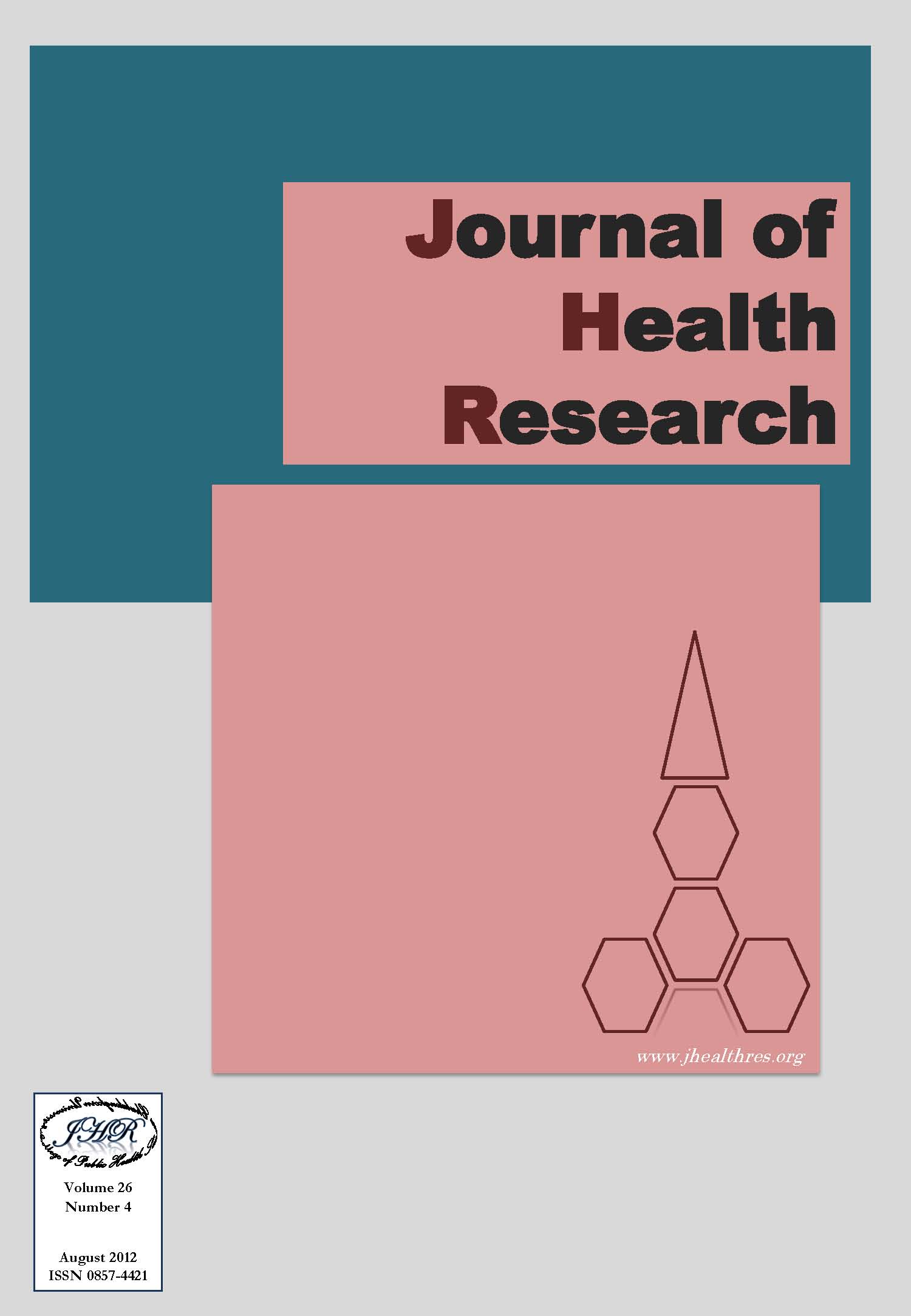Community Dynamic and Community Self Reliance: A Case Study of Mountain Waterworks Management in Ban Hua Suan Village, Koh Saba Sub-District, Thepha District, Songkhla Province, Thailand
Keywords:
Community Dynamic, Community Self-reliance, Mountain Waterworks System, ThailandAbstract
The objectives of this research were to study the community dynamic and community self reliance; a case study of waterworks management in Ban Hua Suan village, Koh Saba sub-district, Thepha district, Songkhla province during 1999-2010. The primary data were obtained from key informants by in-depth interview, observation, photograph recording, VDO recording, voice recording, and field visits, who were involved in mountain waterworks system management of this community. The secondary data were collected from the documents of Koh Saba Sub-district Administrative Organization including water supply, water demand, and accounts of incomes and expenses of waterworks system. The micro data were analyzed by domain analysis and taxonomy. By situation analysis, following the Development Potential-Diffusion Theory and Double-tiered TERMS MODEL of Rural Community Self-Reliance Framework, were also accounted for. The research showed that the enabling factors of community self-reliance related to the problem-solving of mountain waterworks system of Ban Hua Suan village included 5 factors: (1) Natural resources: The prosperous forest resources created the sustainable water resource to produce mountain waterworks system in Ban Hua Suan village. In addition, the prosperous forest was able to sustain the results of social and cultural changes. (2) Human resource: 65 people of workforce were in working age (14-60 years). This age group was useful for development. (3) Social organization: There were several organizations involved in this project including governmental organizations, state enterprises, private stores, saving group, and the Bureau of the Royal Household. (4) Contact: People in this community were in contact and communication with other communities. (5) Experiences: The people in this community gained experiences of mountain waterworks management by observing the real situation and field trips to other communities.







